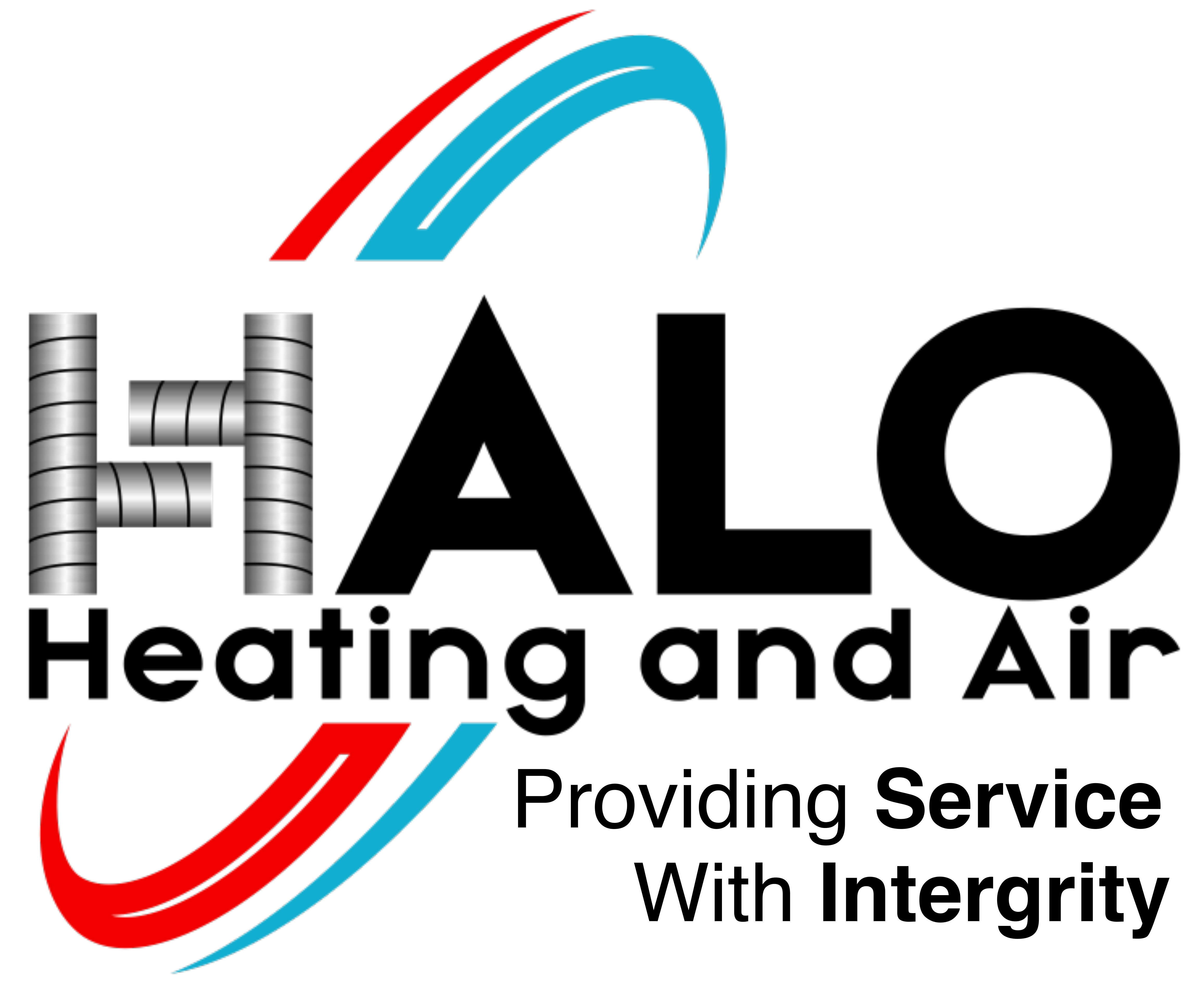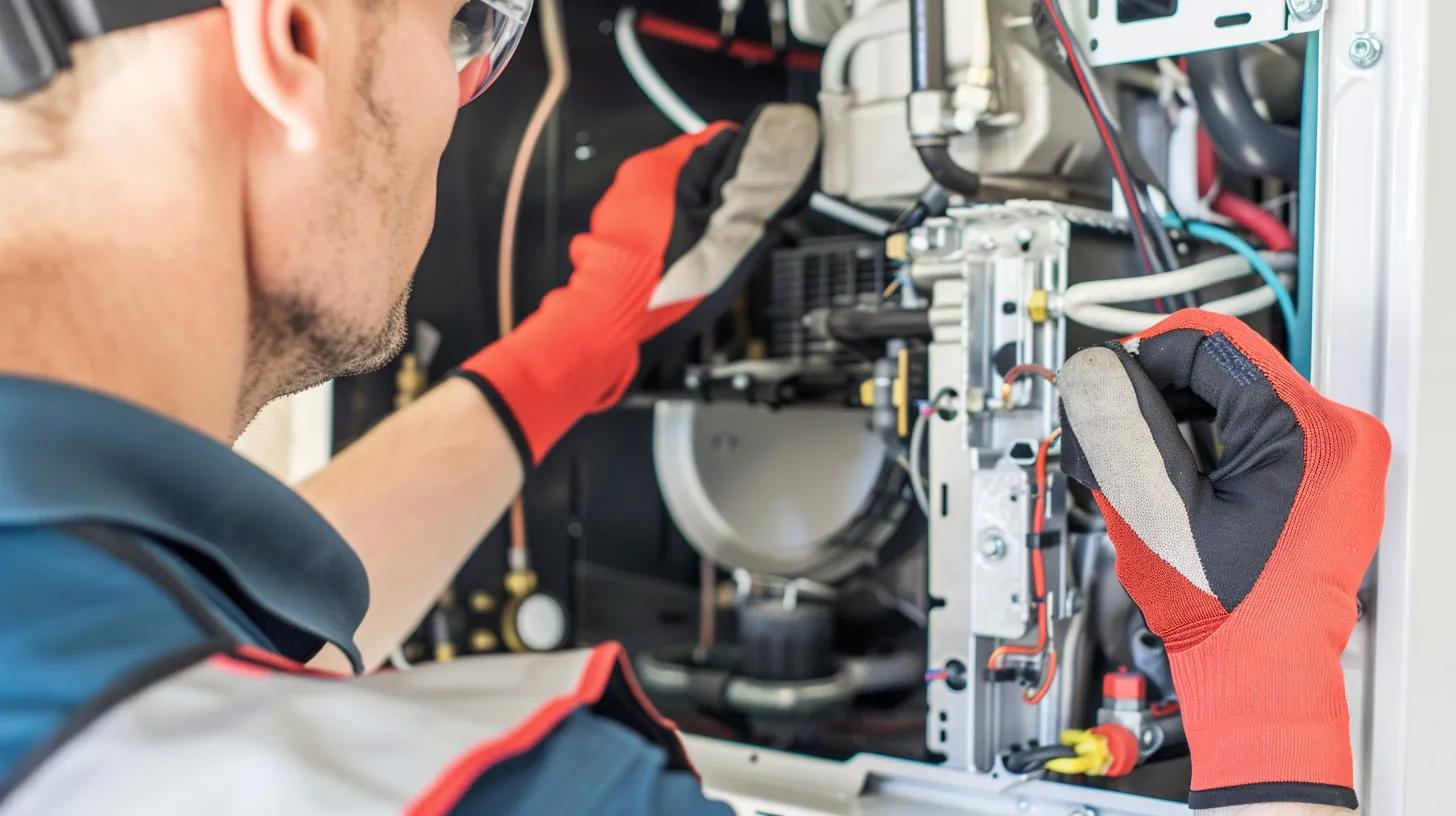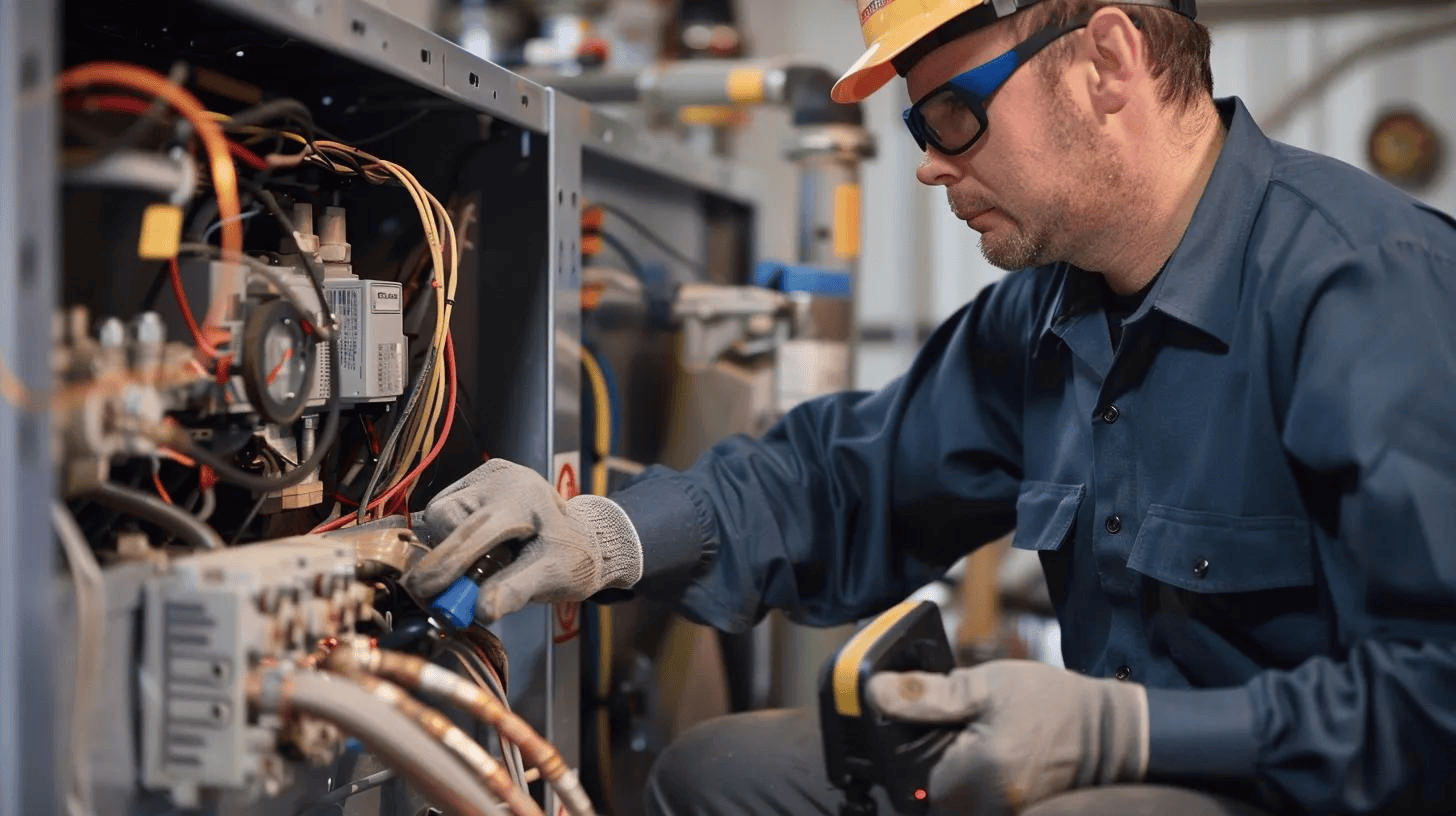A well-functioning air conditioner isn't just for comfort. In Loveland's summer heat, it's something most homes rely on daily. When your AC starts blowing air that smells like mildew, it's more than just an inconvenience. That smell can quickly take over your living space, making it unpleasant and worrying for everyone in the home.
A mildew smell usually points to moisture problems in the system. Over time, dirt and humidity can collect inside the unit, creating the perfect environment for mold and bacteria. If ignored, the issue could grow worse and affect your indoor air quality. It’s important to understand where the smell is coming from and how to fix it before it spreads or damages your cooling system.
Causes of Mildew Smell in Air Conditioners
When an air conditioner in Loveland starts to give off a mildew smell, it usually means there’s trapped moisture somewhere in the system. That moisture, especially in warm weather, can lead to mold growth. Once mold grows inside, the smell gets pulled into your ductwork and spread across the house.
Here are the most common reasons behind this problem:
- Moisture buildup inside the system. Your AC removes humidity from your indoor air while cooling it. But sometimes, this moisture doesn’t drain out properly. If water sits inside the unit for too long, it creates the right conditions for mildew or mold to form.
- Clogged or dirty filters. Filters trap dust and other debris. Over time, they can become clogged and damp, which lets bacteria and fungus settle in. When the air passes through these filters, the mildew smell makes its way into your home.
- Standing water or drainage problems. If the drainage line is blocked or the AC isn’t level, water may pool in the drain pan. That stagnant water allows organic matter to grow and collect, contributing to the odor.
- Dirty evaporator coils. These coils absorb heat and help manage temperature. But when dirt, dust, and moisture stick to them, they can start to develop mold. Since these coils sit inside your indoor unit, the smell will often reach the vents quickly.
If you’ve been noticing a musty or mildew smell when your AC kicks on, one or more of these problems might be the cause. It's important to address the situation early to avoid long-term damage or health concerns related to poor indoor air quality.
How to Identify the Source of the Mildew Smell
Finding the source of the odor starts with a few simple checks around your system. If you're unsure where the smell is coming from, here are steps that can help narrow down the problem:
1. Start at the vents
Stand near different vents in your home and notice if the smell is stronger in certain areas. This can help identify whether the odor is coming from the ductwork or just the AC.
2. Inspect the air filter
Take the filter out and look closely. If it's dark, wet, or covered in dust, it needs to be replaced. A damp filter is one of the easier issues to fix, but leaving it unchecked can lead to stronger mold growth.
3. Check the drain pan and drain line
The drain pan sits below your unit and collects condensation. If you notice standing water, slow draining, or sludge buildup, that area might be the source of the smell.
4. Look around the indoor unit
Check for damp spots or water stains on the floor around the unit. If you see mold or water puddles, clean them up and contact our professionals for a full inspection.
5. Listen for unusual sounds
Sometimes, mildew odor comes with signs of blockage or trouble inside the unit. A gurgling or dripping sound might mean water isn’t draining properly.
Keep in mind that some areas of your HVAC system are hard to reach or not safe to open without proper training. If you're not comfortable taking off panels or looking deep into your unit, our technicians can help investigate the issue and suggest the right fix before it spreads any further. Identifying the cause early gives you a better chance of avoiding costly repairs later on.
Steps to Address the Mildew Smell
Once you’ve figured out the likely source of the mildew smell, the next step is to take action before it gets worse. Some light cleaning and checks can be done safely, but deeper cleaning and repairs should be handled by trained professionals. A thorough approach helps prevent a new set of problems later on.
Start with these basic steps:
- Turn off the AC system completely before inspecting anything. This stops more moisture and odors from spreading and keeps all parts safe to handle.
- Remove and inspect the air filter. If it’s damp or looks dirty, replace it immediately. Filters should be changed on a regular basis to keep airflow clean and odor-free.
- Look for standing water in the drain pan under the indoor unit. If water is pooled there, the drain line could be clogged. Carefully dry the area and contact our professionals to fully clear the line.
- Check the evaporator coils for visible dirt or buildup. These coils aren’t always easy to reach, so if you're unsure, don’t try to open panels yourself. Coil cleaning requires specific tools and experience.
- If the smell is coming from the ductwork, especially where there's no visible mold in the AC unit, ask our technicians to check your air ducts. Mildew growing deep in the ducts won’t go away without a proper cleaning process.
A homeowner in Loveland recently noticed a strong musty scent just a few minutes after turning on the AC for the first time in the season. After replacing the filter and finding puddles near their air handler, they reached out for help. It turned out the drainage system was backing up and causing water to overload beneath the unit. Once the line was cleared and coils were cleaned, the smell disappeared.
Whether your issue is minor or more involved, quick action is the best solution. Ignoring the odor or just masking it with air fresheners won’t solve the core problem, and it could get worse as summer continues.
Preventative Measures to Avoid Future Mildew Smells
Once your AC is clean and running without issues, stay ahead of the problem by focusing on prevention. Keeping your air conditioning system in Loveland mildew-free takes ongoing attention, but it’s far less stressful than dealing with mold buildup after it takes hold.
Here are some useful ways to prevent the problem from coming back:
- Change your air filter regularly. Depending on use and home conditions, aim to check it at least once a month during summer.
- Keep the space around your AC unit dry and free of clutter. This allows for better airflow and reduces the chance of moisture collection.
- Make sure your system is draining properly. If you start seeing puddles or damp areas near the AC, get it looked at quickly.
- Take note of any new odors, sounds, or shifts in cooling performance. These signs often show up before a bigger issue forms.
- Schedule routine inspections with our technicians. They can clean hard-to-reach parts and catch early warning signs before they turn into expensive repairs.
A consistent maintenance routine can go a long way toward extending the life of your unit while keeping your home air fresh and free from musty smells. It also makes sure your AC performs at its best during heat waves, when reliability matters most.
Keeping Your Loveland Home Fresh and Cool
Dealing with a mildew smell from your air conditioner can be a frustrating experience. But with the right steps, it’s something that can be fixed and avoided moving forward. From cleaning filters and clearing drain lines to keeping moisture out of your system, each step helps protect your home and air supply.
If the scent comes back or you’re unsure if you’ve reached the root of the problem, it’s smart to bring in trained professionals. AC systems include components and electrical parts that aren't safe to access alone. Tackling a mildew issue early also helps prevent long-term damage to internal parts or your home’s air ducts, which can lead to even more costly repairs.
Taking good care of your system and staying alert to small changes can make a big difference. Whether you’re running your AC full-time or just cooling down on hot afternoons, you want to breathe air that’s clean and odor-free. A well-maintained system gives you confidence that your home is ready for Loveland’s summer temperatures without unwanted surprises.
If your AC system shows signs of moisture or lingering odors, proper care can make all the difference. HALO Heating and Air understands how important it is to maintain reliable performance in your home. If you require air conditioner service in Loveland, our professionals are ready to help pinpoint issues and prevent further complications. For a quick estimate or to book your next service, please contact us today.
Customer Testimonials
See what homeowners across Windsor and Northern Colorado are saying about our reliable service, expert workmanship, and commitment to getting the job done right.



.svg)





.png)


